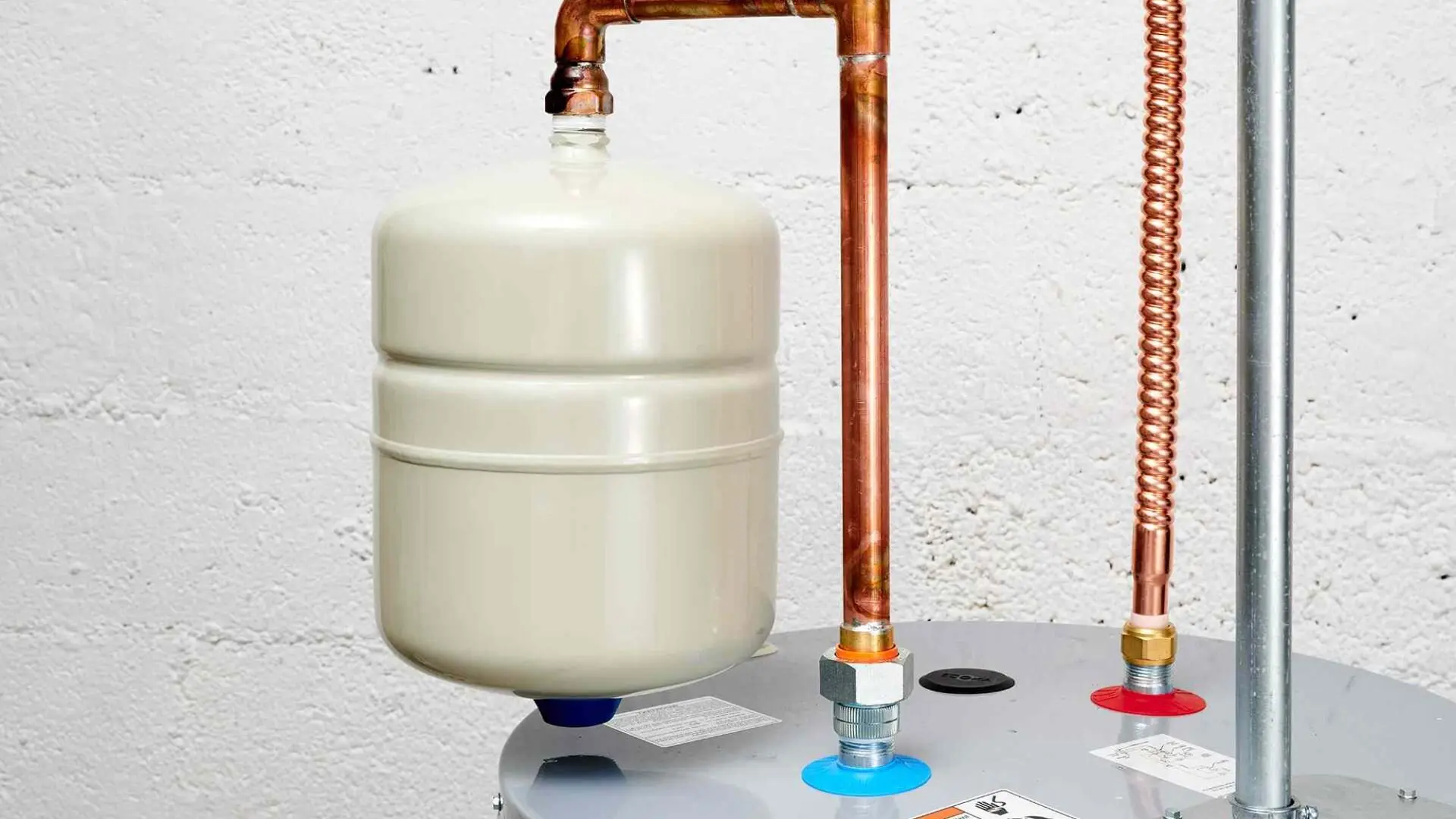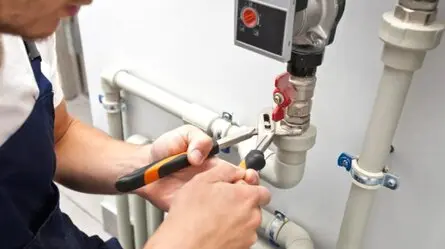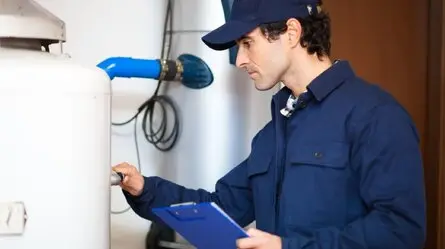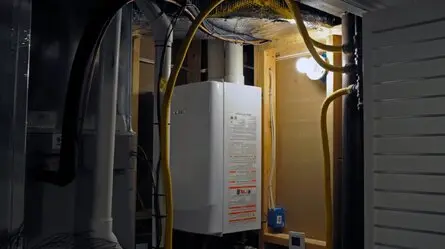A reliable and energy-efficient hot water system is crucial for any commercial facility, whether a busy restaurant, hotel, hospital, or office building. Unlike residential water heaters that serve single households, commercial hot water systems must be robust enough to handle the hot water demands of multiple restrooms, kitchens, laundries, and other equipment. Selecting the wrong system or improperly sizing one can lead to insufficient hot water supply, user complaints, and high energy bills.
In this article, we’re diving into important aspects of specifying, installing, and maintaining commercial hot water systems. You’ll get insider tips from industry experts on areas like calculating hot water demand, comparing different systems, selecting fuel sources, setting up controls, and adhering to preventative maintenance best practices.
Having the right hot water system can lead to benefits like lower operating costs, reduced downtime, and happier users. Whether you’re upgrading old equipment or working on a new build, this guide provides the insights needed to get your commercial hot water spot on.
Calculating Hot Water Demand
Properly sizing a commercial hot water system starts with accurately estimating the peak hot water demand for the building or facility. This involves factoring in the number and type of hot water-using fixtures, estimated usage times and duration, and the minimum temperature rise needed.
For example, a restaurant kitchen requires more hot water than office restrooms. Demand is also affected by the number of people per fixture. Various methodologies and rules of thumb can be used, outlined in resources like ASHRAE handbooks and PHCC manuals.
When choosing a system, consider future growth or changes in water usage. Undersizing can lead to shortages and complaints, while oversizing might cause inefficiencies and extra costs. It’s smart to collaborate with a professional designer to ensure accurate demand calculations based on how the building is used.
Comparing Water Heater Types
When selecting a commercial water heater, two main options are storage tank heaters and tankless or on-demand heaters. Hybrid systems that combine tank and tankless units are also available. Let’s look at the pros and cons of each type:

Storage tank water heaters
Storage tank water heaters have a large insulated tank that keeps water hot until needed. Available in capacities from 50 to thousands of gallons, they can handle high intermittent demands well. Fuel options include natural gas, propane, and electric resistance. Tank heaters have a longer lifespan but can lose some efficiency over time.
Tankless or on-demand water heaters
Tankless heaters instantly heat water as needed instead of storing hot water. They heat water as it passes through a heat exchanger. They have a more compact footprint but require a higher energy input rate to handle peak demand. Tankless units have a higher efficiency and lower standby losses. However, they can be inadequate for applications with sustained high-volume demand.
Continuous Flow Systems
The continuous flow system is a popular commercial hot water heater. These systems are highly efficient and can provide an endless hot water supply on demand. They are also very compact, making them ideal for businesses with limited space. However, these systems can be more expensive to install and maintain than other hot water heaters.
Hybrid systems
Hybrid systems combine a storage tank and an on-demand heater. The tank handles baseline demand, while the tankless heater kicks in for peak loads as needed. This provides high efficiency and the ability to meet fluctuating high demand. Hybrids require careful configuration but offer a good balance for many commercial sites.
Fuel Source Options
When it comes to fuel sources for commercial water heating, some of the most common options are natural gas, propane, and electricity. Natural gas water heaters tend to have the lowest operating costs, provide high hot water output, and have a longer lifespan compared to electric.
However, the availability and supply of natural gas must be considered. Propane can be used in areas without natural gas access. Electric hot water heaters have higher operating costs but can be easier to install and maintain.
Facilities with access to cheaper, off-peak electric rates could realise some cost savings with electricity. For critical applications where downtime is unacceptable, having redundancy between gas and electric or installing diesel generators as backup is recommended. Carefully weighing factors like utility availability, energy rates, maintenance costs, and business objectives will lead to the optimal fuel source selection.
Piping Design and Recirculation
A commercial hot water system’s piping design and recirculation strategy can impact energy efficiency and delivery. Properly sized supply and return piping helps avoid pressure drops and keeps water moving at optimal velocities.

Large systems may require parallel piping loops for adequate flow. Installing a recirculation line and pump ensures hot water is rapidly available at fixtures, though it costs more to operate.
Control systems can optimise recirculation based on usage patterns. Balancing the distance from the heater, branch line lengths, and pumping energy can minimise wait times while avoiding wasted energy from over-recirculation.
Insulated piping prevents heat loss in distribution lines. Working with experienced engineers and following best practices for pipe sizing, layout, and recirculation pumping results in the most efficient piping system design.
Temperature & Pressure Controls
Properly configuring temperature and pressure controls is critical for the safe and efficient operation of commercial hot water systems. Thermostatic mixing valves regulate output temperature to avoid scalding and meet code requirements.

They mix cold water and hot water to deliver tempered water to fixtures. Sensors that detect usage patterns allow smarter control of water temperatures. Pressurised systems require expansion tanks and relief valves to maintain safe pressures.
Various sensors help monitor media temperatures and tank water levels. Master controllers can combine all the data to optimise heating cycles and hot water delivery.
While controls add complexity, programming them correctly helps commercial heaters maintain desired output temperatures and pressures across fluctuating demand. This prevents issues like overheating and pressure build-up for a safer system.
Preventative Maintenance Best Practices
Regular preventative maintenance is critical to ensuring commercial hot water systems operate safely and efficiently over their lifetime. Tasks include annual inspections for leaks, corrosion, sediment build-up, and proper temperature/pressure.
Testing relief valves, checking pipe insulation, and verifying control settings also help maintain performance. Every 3-5 years, heaters should be drained and flushed to prevent scale accumulation, which reduces efficiency.

Monitoring usage patterns and energy input optimises recirculation pumps and heating cycles. Tracking the condition of tank linings and anodes in storage heaters prevents tank failures.
Maintaining maintenance logs, labelling or dating parts, and training staff on monitoring procedures sustain a reliable system. Preventative maintenance and prompt repairs extend equipment life and give commercial facilities hot water that reliably meets business needs.
Get Your Business Hot Water Right
Properly selecting and maintaining commercial hot water systems requires determining building demand, usage patterns, equipment options, and preventative maintenance needs. But, the payoff is a reliable, efficient operation that provides businesses with adequate hot water supply while minimising costs.
At Woolf Plumbing, our licensed plumbers have extensive experience designing, installing, and servicing all commercial water heating systems. Contact us today if you need help auditing an existing system, sizing and selecting new heaters, or optimising controls and recirculation. Our team of experts can assess your hot water needs and put the right system in place to serve your business now and into the future.
With correctly sized and maintained commercial hot water heaters, your business can benefit from lower utility bills, happier users, and fewer plumbing headaches. Looking for the right hot water solution for your business? Contact the knowledgeable commercial hot water specialists at Woolf Plumbing to understand your options and keep your hot water operations running smoothly.




